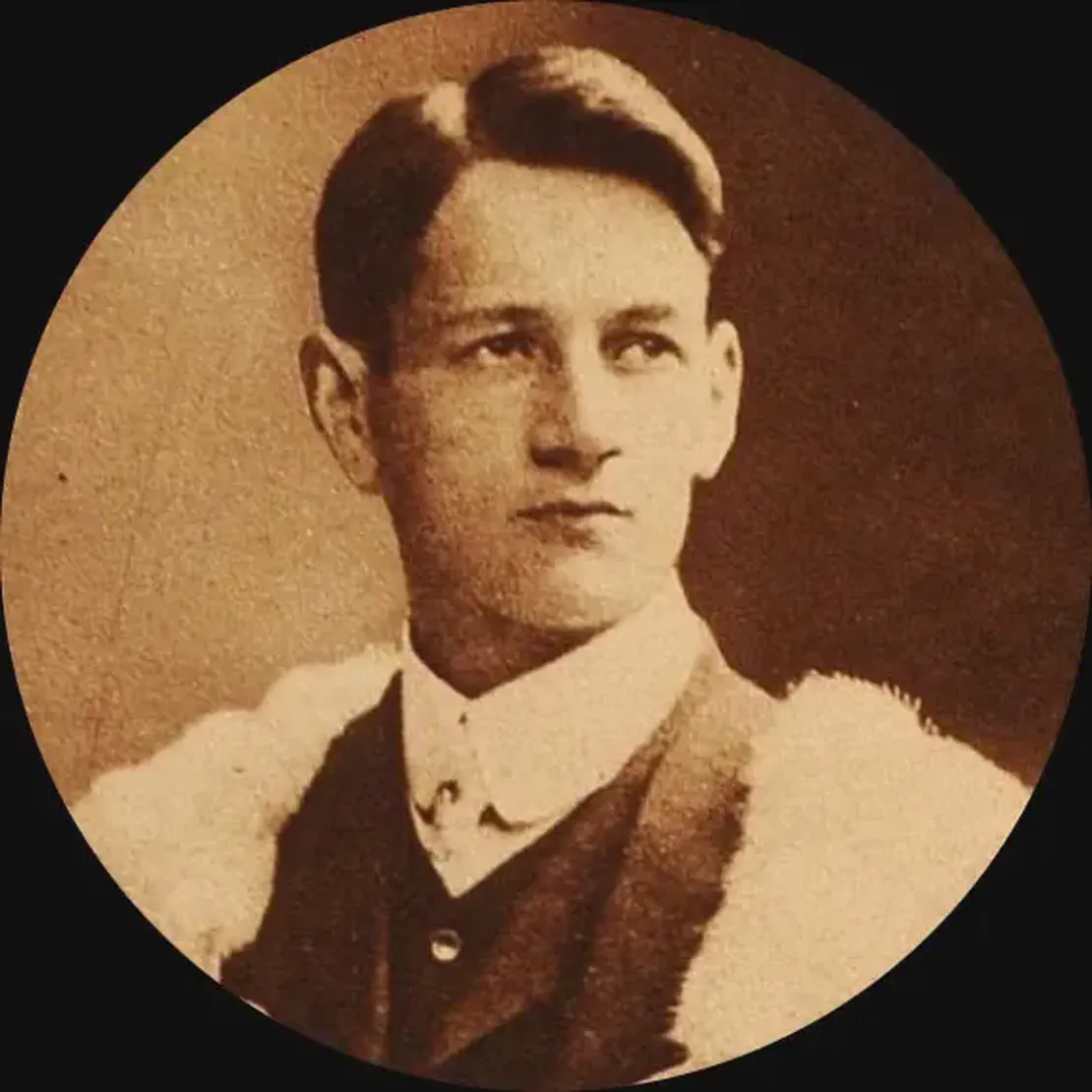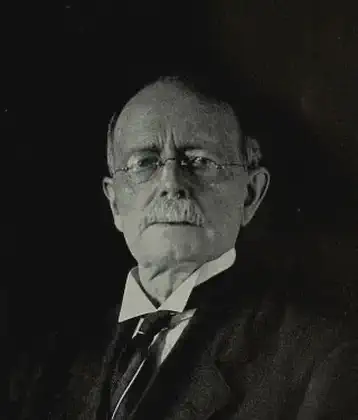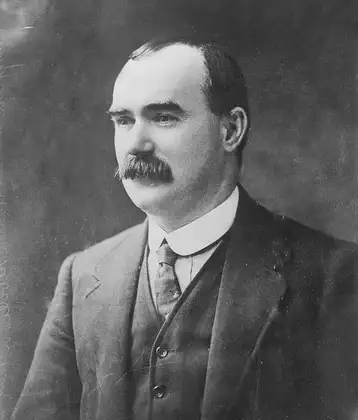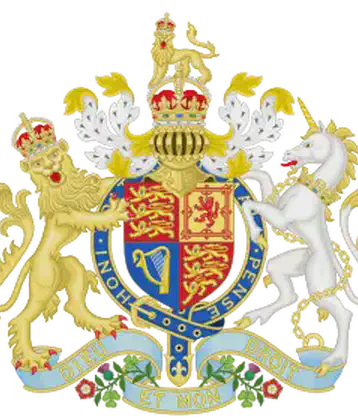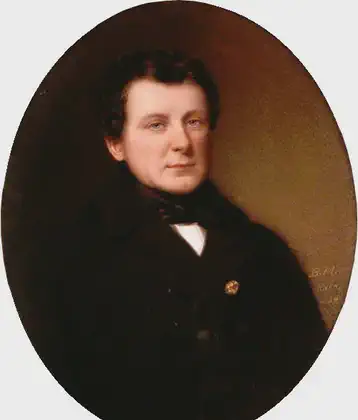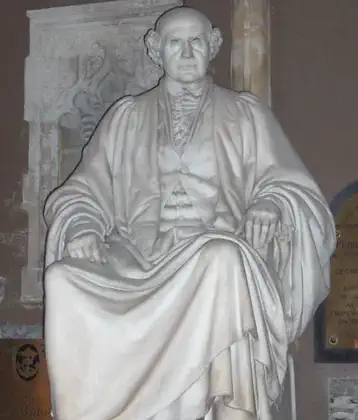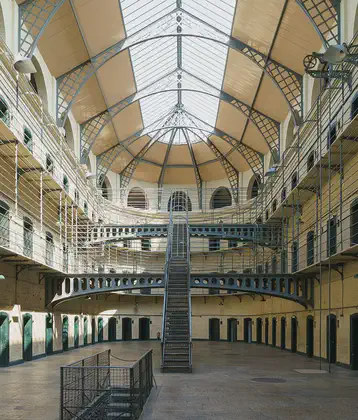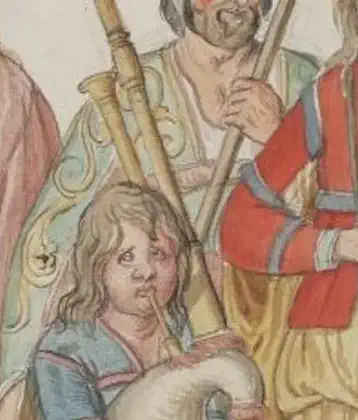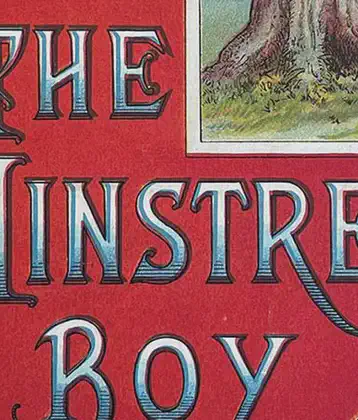August 12th , 1920
On August 12, 1920, Terence MacSwiney, the Lord Mayor of Cork and a prominent Irish nationalist, was arrested by British authorities. Upon his arrest, MacSwiney immediately began a hunger strike, an act that would have profound implications for the Irish struggle for independence and would make him an enduring symbol of resistance.
Background
Terence MacSwiney: Terence MacSwiney was born in Cork on March 28, 1879. He was a dedicated Irish nationalist, a member of Sinn Féin, and a key figure in the Irish Republican Army (IRA). In March 1920, following the assassination of the previous Lord Mayor, Tomás Mac Curtain, by British forces, MacSwiney was elected Lord Mayor of Cork. His political beliefs were deeply rooted in the cause of Irish independence, and he was a fervent advocate for the rights of the Irish people.
The Political Context: MacSwiney’s arrest took place during the Irish War of Independence (1919-1921), a period of intense conflict between Irish republicans and British forces. The British government was employing increasingly harsh measures to suppress the independence movement, and leaders like MacSwiney were targeted for their roles in the resistance.
Arrest and Hunger Strike
Arrest: On August 12, 1920, Terence MacSwiney was arrested in Cork by British forces. He was charged with sedition and possession of seditious documents. His arrest was part of a broader crackdown on Irish republican activities, as the British authorities sought to weaken the leadership of the independence movement.
Immediate Hunger Strike: Upon his arrest, MacSwiney immediately went on hunger strike while being held in Cork. He was soon transferred to Brixton Prison in London, where he continued his hunger strike. MacSwiney declared that he would fast until death if necessary, stating, “I am confident that my death will do more to smash the British Empire than my release.”
Impact and Legacy
International Attention: MacSwiney’s hunger strike quickly gained international attention, attracting widespread sympathy and support for the Irish cause. His resolve and willingness to sacrifice his life became a rallying point for Irish republicans and drew attention to the harsh realities of British rule in Ireland. The hunger strike also garnered significant coverage in the international press, further highlighting the Irish struggle for independence.
Death and Aftermath: Terence MacSwiney’s hunger strike lasted for 74 days. Despite numerous appeals for his release, including from prominent figures around the world, the British government refused to yield. MacSwiney died on October 25, 1920, in Brixton Prison, becoming a martyr for the Irish republican cause. His death intensified anti-British sentiment in Ireland and abroad, and it is often cited as a turning point in the Irish War of Independence.
Legacy: MacSwiney’s legacy is one of profound sacrifice and unwavering commitment to the cause of Irish independence. His hunger strike inspired other Irish republicans and became a powerful symbol of resistance. The words he wrote during his imprisonment, along with his speeches and writings, continue to resonate in Irish history and nationalist thought.
Cultural and Historical Significance: Terence MacSwiney’s death had a lasting impact on the fight for Irish independence and the subsequent development of the Irish Free State. His life and sacrifice are commemorated in Ireland through various memorials, and his story remains a poignant reminder of the costs of the struggle for freedom.
Terence MacSwiney’s arrest and subsequent hunger strike in 1920 stand as a defining moment in the history of Ireland’s fight for independence, highlighting the power of personal sacrifice in the pursuit of political and national ideals.
